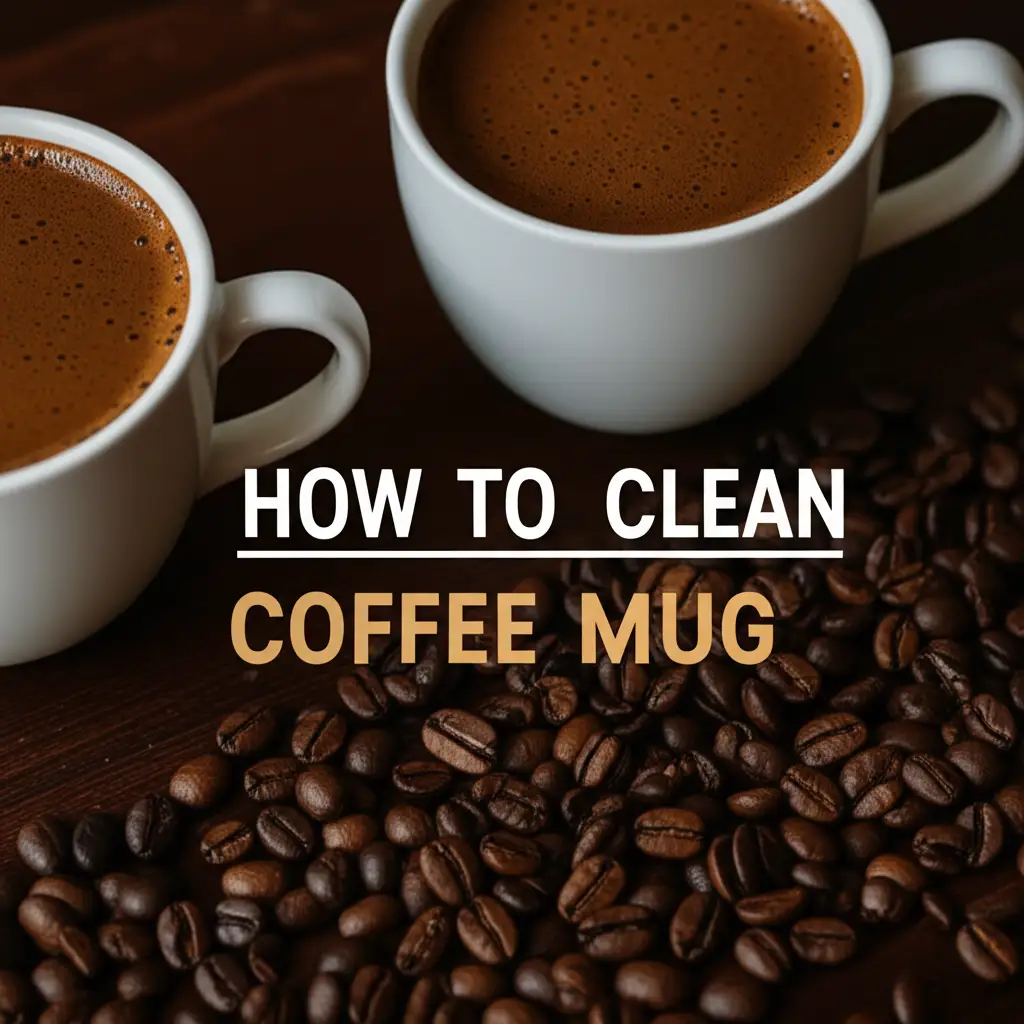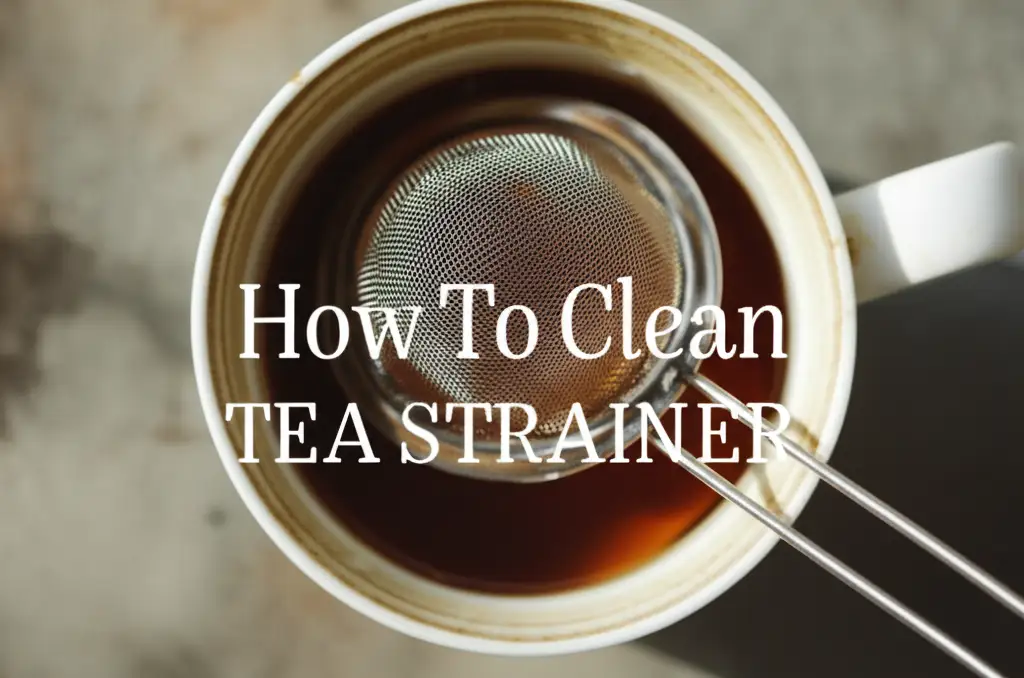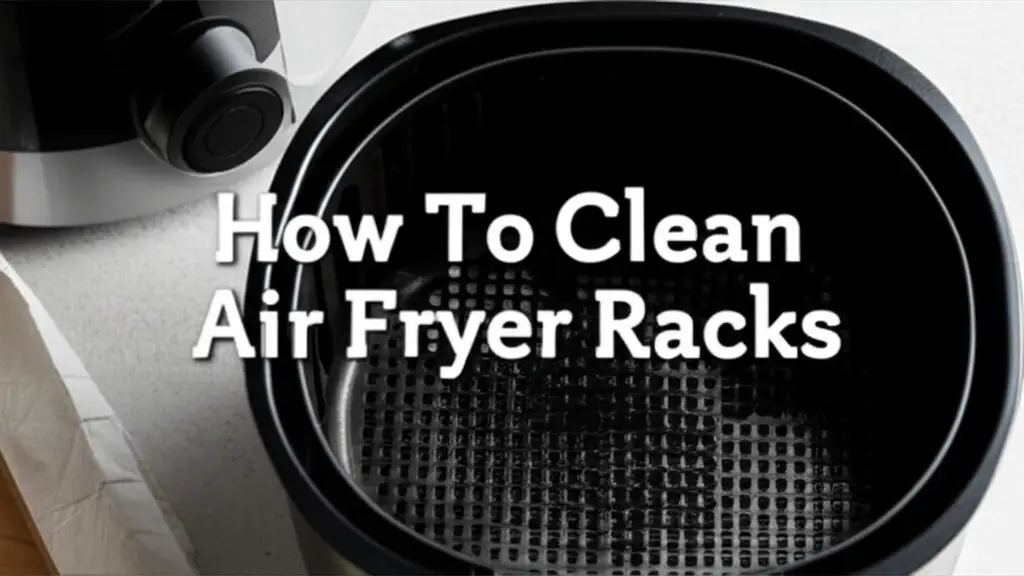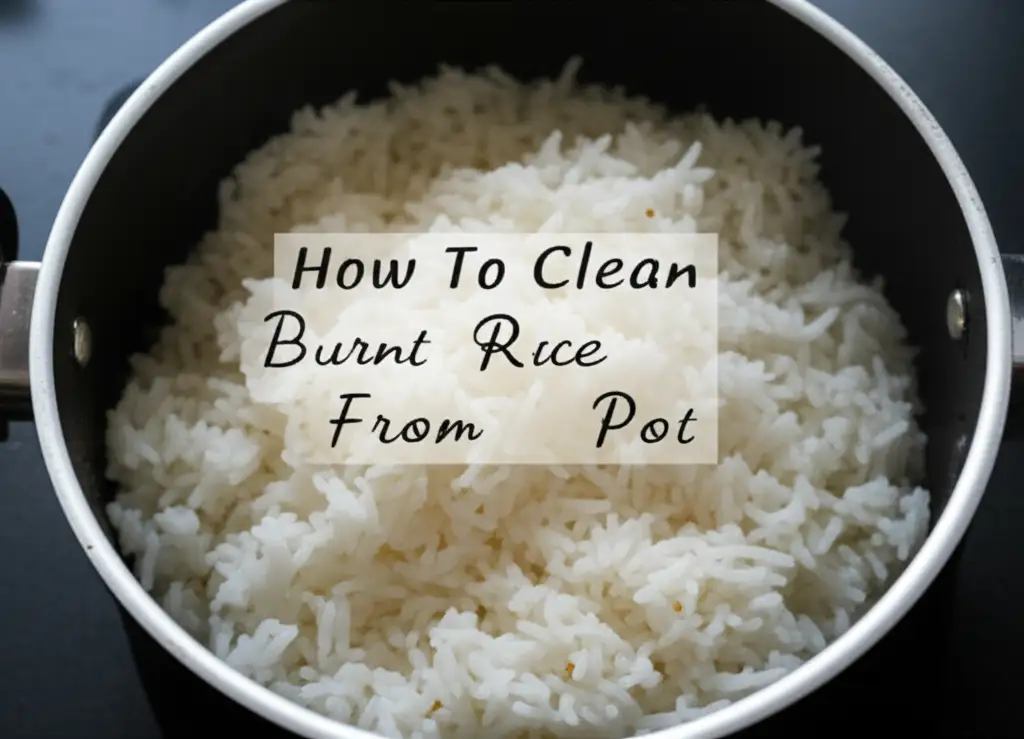· Kitchen Cleaning · 10 min read
How To Clean Broiler Pan
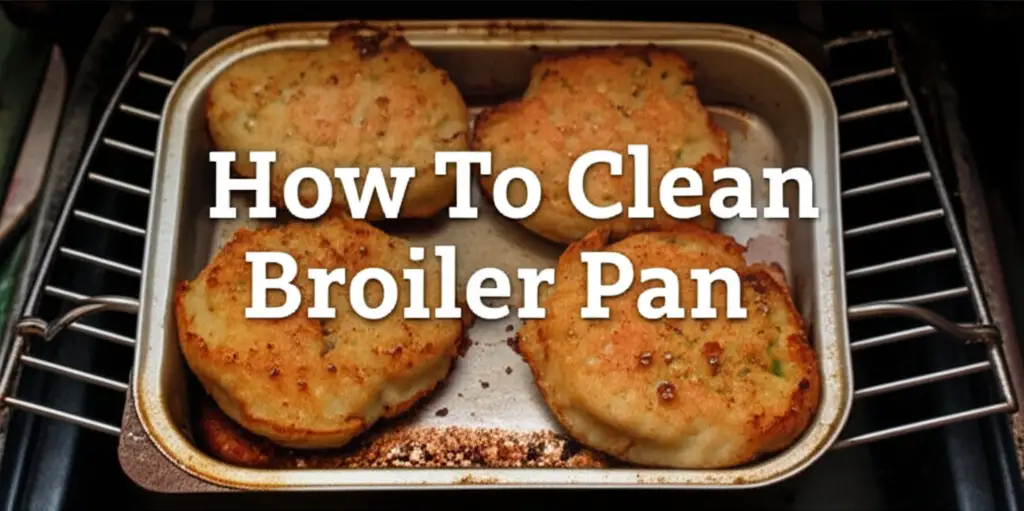
Sparkling Broiler Pan: How To Clean It Right
A broiler pan helps us make delicious, crispy food. However, it often ends up covered in grease and burnt bits. Cleaning it can feel like a tough chore. A dirty broiler pan affects how your food tastes. It also creates smoke in your kitchen. Learning how to clean broiler pan thoroughly is important. It keeps your cooking safe and your kitchen clean. This article will show you simple steps. You will learn about basic cleaning and tackling tough stains. We also cover natural solutions and smart maintenance. Get ready to make your broiler pan shine again.
Takeaway
- Soak the pan immediately after use.
- Use baking soda and dish soap for basic cleaning.
- Apply stronger methods like oven cleaner for burnt-on stains.
- Prevent future build-up with foil and regular wiping.
Main Query Answer
To clean a broiler pan, first scrape off loose food. Then, soak the pan in hot, soapy water. Use a scrubber to remove grease and burnt bits. For tough stains, make a paste with baking soda and water. Apply it, let it sit, then scrub and rinse.
Understanding Your Broiler Pan and Its Grime
Your broiler pan is a kitchen essential. It typically has two parts. There is a top rack with slots. This rack allows fat and juices to drain. The bottom pan collects these drippings. This design helps make food crispy. It also keeps your oven cleaner.
However, this design also makes the pan a magnet for mess. High heat bakes food particles onto the surface. Grease and oil splatter during cooking. These liquids turn into a sticky, burnt-on layer. This layer is tough to remove. It can be a mix of carbonized food, burnt sugar, and hardened grease. Over time, this build-up becomes very stubborn. It can affect your cooking. It can also produce bad smells. We need good methods to clean this pan. Different materials need different approaches. Pans can be aluminum, stainless steel, or even non-stick. Each type responds best to specific cleaning agents.
Essential Tools and Supplies for Cleaning a Broiler Pan
Having the right tools makes cleaning much easier. You do not need fancy gadgets. Basic household items work very well. First, you will need a good quality dish soap. Choose one known for cutting grease. Next, gather some scrubbers. A non-scratch scrubber is good for everyday grime. For tough spots, a stronger brush or a plastic scraper is helpful. Avoid metal scrubbers on non-stick pans. They can damage the surface.
Baking soda is a powerful cleaning agent. It is great for absorbing odors and breaking down grease. White vinegar is another natural helper. It cuts through grease and acts as a disinfectant. You might also want some rubber gloves. These protect your hands from hot water and cleaning solutions. A large sink or basin is also useful. You will need space to soak the pan. For very stubborn stains, consider a heavy-duty oven cleaner. Always check if it is safe for your pan material.
Basic Cleaning Methods for a Broiler Pan
Start cleaning your broiler pan right after use. This prevents food from hardening. First, let the pan cool down completely. Then, scrape off any large food pieces. A rubber spatula works well for this. Next, fill the pan with hot water. Add a generous amount of dish soap. Let the pan soak for at least 30 minutes. An overnight soak is even better for more dirt. This helps loosen the grime.
After soaking, empty the water. Sprinkle baking soda over the dirty areas. Add a little more dish soap. Now, scrub the pan vigorously. Use a sturdy brush or a non-scratch pad. Focus on the burnt-on spots. The combination of baking soda and soap helps lift the grease. Rinse the pan with hot water. Repeat if necessary. This method works for most light to moderate messes. It keeps your pan in good shape. This is a good way to clean the bottom of any pan that gets dirty often. For more general pan cleaning tips, learn how to clean bottom of pan. If your broiler pan has a non-stick coating, always use gentle scrubbers. For details on how to care for coated pans, see how to clean non-stick frying pan.
Tackling Stubborn Burnt-On Grease and Food
Sometimes, basic cleaning is not enough. Broiler pans often face serious burnt-on residue. This needs stronger action. You can try a baking soda paste. Mix baking soda with a little water. Make a thick paste. Spread this paste generously over all the burnt areas. Make sure it covers everything. Let it sit for several hours. An overnight application is often best. The baking soda works to break down the carbonized bits.
After the paste has sat, add a splash of white vinegar. It will fizz when it meets the baking soda. This reaction helps lift the grime. Then, use a stiff brush or a plastic scraper. Work on the stubborn spots. You may need to apply some elbow grease. Rinse the pan thoroughly with hot water. Repeat the process if some burnt spots remain. This method is effective for tough stains. It avoids harsh chemicals. For extremely burnt food, like sugar spills, specific methods are needed. Learn more about how to clean burnt sugar from a pan. This technique is similar to how you would remove baked-on oil from other kitchen items. Explore how to clean burnt oil from stainless steel pan for more solutions.
Natural Cleaning Solutions for Your Broiler Pan
Natural cleaning options are great for your broiler pan. They are safe for your family and the environment. Baking soda and vinegar are powerful allies. We already talked about their paste method. Another natural option is lemon. The acid in lemon juice helps cut through grease. You can rub half a lemon directly on dirty spots. Sprinkle salt on the lemon first for extra scrubbing power. Then, use the lemon to scrub the pan. This is good for lighter grease.
For a deeper natural clean, try boiling water and dish soap. Place the broiler pan in a large pot or sink. Fill it with water. Add a good amount of dish soap. Bring the water to a boil on the stovetop. Let it simmer for 10-15 minutes. The hot water and soap will loosen the grime. Be careful with hot water. Let it cool before handling the pan. Then, scrub and rinse as usual. This method is surprisingly effective. It works well on many types of cooking stains. If your pan is made of cast iron, special care is needed. Learn more about how to clean iron pan.
Advanced Cleaning Techniques: Chemical Cleaners and Dishwashers
Sometimes, natural methods might not be enough. For heavily soiled broiler pans, chemical oven cleaners can be a last resort. Always read the product label carefully. Make sure the cleaner is safe for your pan’s material. Most oven cleaners contain strong chemicals. They break down baked-on grease and carbon. Always use them in a well-ventilated area. Wear gloves and eye protection. Spray the cleaner on the pan. Follow the instructions for dwell time. This is usually 15-30 minutes. Then, scrub and rinse thoroughly. Ensure no chemical residue remains.
Many broiler pans are not dishwasher safe. Check your pan’s manufacturer instructions first. High heat and harsh detergents in dishwashers can damage some materials. Non-stick coatings can degrade over time. Aluminum pans may discolor. If your pan is dishwasher safe, place it on the bottom rack. Use a heavy-duty cycle. For general oven care, including cleaning the area where the broiler pan sits, it helps to understand how to clean other parts of your oven. For example, knowing how to clean bottom of oven can be helpful. After using an oven’s self-clean feature, there are specific steps to follow for complete cleanliness. Explore tips on how to clean oven after self-clean for a spotless appliance.
Preventive Measures and Broiler Pan Maintenance
Preventing grime is easier than cleaning it. A little effort after each use saves a lot of hard work later. Always clean your broiler pan as soon as it cools down. Do not let food and grease harden overnight. Scrape off excess food right away. Then, soak the pan in hot soapy water. This simple step helps immensely. You can also line your broiler pan with aluminum foil. This acts as a barrier. It catches drips and spills. When cooking is done, simply remove the foil. The pan stays much cleaner.
However, do not cover the rack itself with foil. This can block air circulation. It can also affect cooking performance. For fatty foods, consider adding a small amount of water to the bottom pan. This prevents drippings from burning. Make it a habit to wipe down the pan quickly after each use. Regular, light cleaning prevents tough build-up. This maintenance keeps your broiler pan ready for your next meal.
FAQ Section
How often should I clean my broiler pan?
You should clean your broiler pan after every use. This prevents grease and food from hardening. Regular cleaning makes the job much easier. It keeps your pan hygienic and ready for the next meal.
Can I put my broiler pan in the dishwasher?
Always check the manufacturer’s instructions. Many broiler pans are not dishwasher safe. The high heat and strong detergents can damage non-stick coatings. They can also cause discoloration in aluminum pans. Hand washing is usually safer.
What if my broiler pan is rusty?
For rust on a steel or cast iron broiler pan, make a paste of baking soda and water. Apply it to the rust. Let it sit for an hour. Scrub with a stiff brush. Rinse well. For cast iron, you will need to re-season it after cleaning.
How do I prevent food from sticking?
To prevent food from sticking, always preheat your broiler pan. Lightly grease the top rack with cooking oil or cooking spray. You can also line the bottom pan with aluminum foil. This catches drips and makes cleanup easier.
Are there any eco-friendly ways to clean it?
Yes, baking soda and white vinegar are excellent eco-friendly options. You can make a paste or use them with hot water. Lemon juice and salt also offer a natural way to cut through grease. These methods are safe and effective.
Can I use steel wool on a broiler pan?
Avoid using steel wool on non-stick or coated broiler pans. It can scratch and damage the surface. For stainless steel or cast iron pans, fine steel wool can be used carefully on stubborn spots. Always test a small area first.
Conclusion
Cleaning your broiler pan does not have to be a dreaded task. With the right approach, you can restore its shine. Start with immediate soaking after cooking. Use simple dish soap and hot water. For tougher grime, baking soda and vinegar are powerful allies. They cut through baked-on food and grease effectively. Remember that prevention is key. Lining the pan with foil and wiping it down after each use saves time. It prevents major build-up.
A clean broiler pan is essential for tasty food. It ensures a smoke-free kitchen. You now have the tools and knowledge to tackle any broiler pan mess. Keep your pan spotless with these tips. Enjoy easy cooking and effortless cleanup. Make [how to clean broiler pan] a simple part of your kitchen routine.
- broiler pan cleaning
- stubborn grease
- burnt food
- kitchen cleaning tips
- oven cleaning

